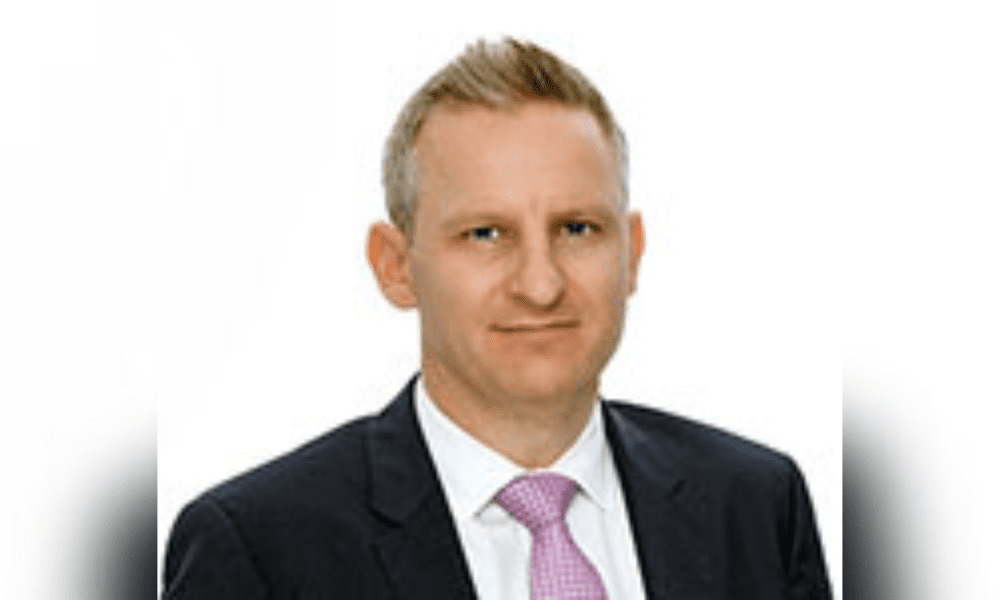How to create a balanced, sustainable reinsurance portfolio

How to create a balanced, sustainable reinsurance portfolio | Insurance Business Canada
Reinsurance
How to create a balanced, sustainable reinsurance portfolio
“We had to find a more sustainable matching point”, says leader
Reinsurance
By
Mia Wallace
Between defining the position of QBE’s reinsurance arm within the broader insurance group, stabilizing its performance and delivering on its ambitious growth plans, Chris Killourhy’s (pictured) role as MD of QBE Re sees him wearing many hats. But the role is underpinned by a single ambition – to create a healthy and sustainable reinsurance platform by displaying the discipline necessary to provide sustainable returns to capital providers.
Having recently pinpointed some of the factors impacting the mood of the reinsurance market in 2024, he shared how his team are working to seize the opportunities in the market and to mitigate its challenges.
Having the right cedents to manage the market cycle
Killourhy noted that creating and maintaining equilibrium largely comes down to finding the right cedents to help manage the market cycle. Amid the corrections that came through in early 2023, he said, some of the market’s cedents were surprised, and even caught out, by how much rates moved but also by capacity withdrawing or attachment points moving.
“I think that created a recognition across insurance and reinsurance that we had to find a more sustainable matching point,” he said. “Of course, everyone prefers to pay less for something but we have to recognize that in our market, even worse than having to pay more for something, is finding it very difficult to plan or budget for what the full cost of something is.
“For lots of insurers, the biggest single expense on their P&L is their reinsurance. And when you’re going into each year’s renewal with a huge level of uncertainty over what that price is going to be, it’s not particularly helpful for anybody. So, we’re trying to get to the point where, instead of it being a game where reinsurers try and charge as much as they can while insurers try to pay as little as they can, we look to generate genuine partnerships where we can have a lot more stability around rating.”
How the QBE Re approach is changing
What this has meant for the team at QBE Re is a change in the approach it takes with clients, he said, as they look to establish and affirm meaningful, long-term partnerships instead of taking an “in and out” of the market approach. This emphasis on longevity and resilience goes beyond relationship building to include the approach the business is taking to building its portfolio.
Looking at the external risk environment, he emphasised the numerous points of uncertainty at play, whether that’s from a geopolitical or economic perspective. You can have as many economists, political experts and other specialists as you want in a room together, he said, but you’re going to get different answers to the question of how to solve the world’s problems, and they’re all going to be wrong to some extent.
“We’ve almost got to stop trying to come up with our central best estimate on what will happen and instead focus on building a portfolio that gives you the resilience to know that when something goes wrong, you have a portfolio that allows you to get it wrong in one area without it impacting your [overall] sustainability,” he said. “So, we’ve made a bit of a shift over the last 12 months in terms of how we’re evolving.
“Historically, I think we have been exceptional underwriters of risk and of the individual risk policies that came across our desks. We’ve got great underwriters who can look at those policies and decide the right pricing. But we’re now shifting to seeing ourselves as much as portfolio managers, so it’s less about building a portfolio of great individual risks and more about getting a really resilient overall portfolio.”
How to create a balanced, sustainable reinsurance portfolio
Creating that more globally joined-up approach has meant undergoing an evaluation of the business’s capabilities and operational model to ensure its portfolio is not too inclined too far towards exposures in any one industry, product or geography. This is creating a more balanced, resilient business, he said, which means the QBE Re team is able to focus on giving its capital providers a sustainable return on their capital while also supporting its clients in the long run.
“What we don’t want to do is be in a position where we have one big loss and suddenly go, ‘I don’t want to be in that product or line anymore’,” he said. “We’ve got to get the right balance, so we can afford to sustain that across markets. And that’s probably been our biggest evolution and it’s an ongoing journey – us moving away from that individual underwriting of risk to seeing ourselves as managers of a really sustainable portfolio of risks.”
Related Stories
Keep up with the latest news and events
Join our mailing list, it’s free!






